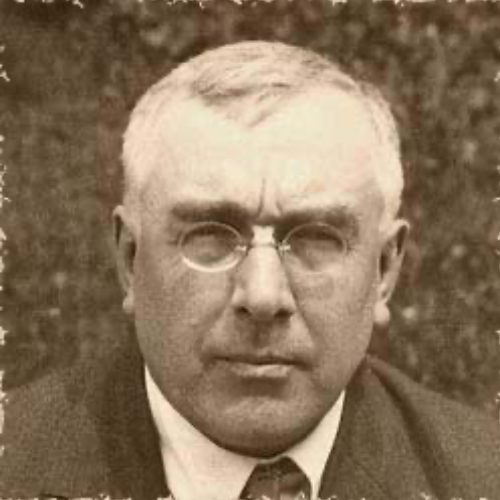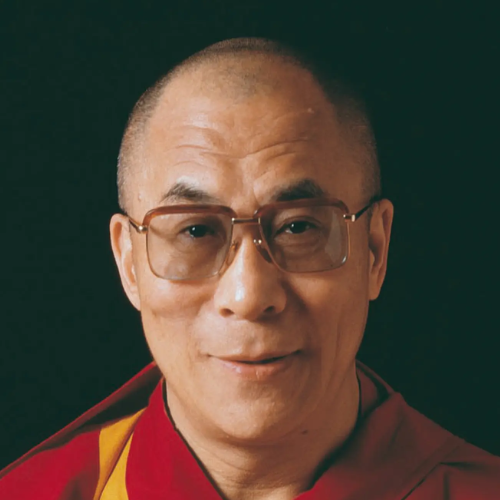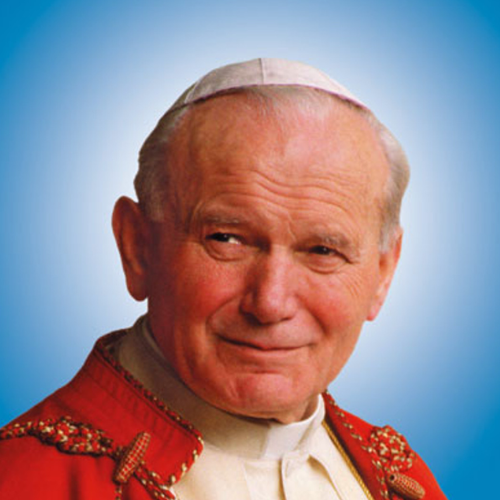Philosophy Quotes
Topics:
Abundance (20)
Advaita (14)
Alone (191)
Angels (16)
Anger (180)
Animals (39)
Art (1407)
Atman (30)
Attachment (98)
Awakening (38)
Awareness (159)
Beauty (129)
Bhakti (16)
Bliss (123)
Body (654)
Brahma (63)
Brahman (39)
Brain (50)
Breath (134)
Buddhism (16)
Change (272)
Compassion (184)
Confidence (38)
Consciousness (328)
Courage (98)
Creativity (79)
Culture (64)
Darkness (83)
Death (254)
Desire (301)
Destiny (28)
Dharma (29)
Discipline (61)
Disease (53)
Divine (249)
Divinity (26)
Dream (107)
Dreams (25)
Earth (173)
Effort (147)
Ego (245)
Energy (132)
Enlightenment (74)
Evil (162)
Evolution (62)
Existence (191)
Eyes (139)
Failure (51)
Faith (224)
Family (77)
Fear (295)
Food (84)
Forgiveness (35)
Freedom (167)
Friend (158)
Future (182)
God (1448)
Grace (115)
Gratitude (43)
Guru (110)
Habits (30)
Happiness (320)
Happy (205)
Harmony (81)
Hatred (52)
Health (94)
Heart (693)
Heaven (128)
Hell (37)
Honor (50)
Human (535)
Humanity (88)
Ignorance (114)
Illusion (72)
Imagination (48)
India (69)
Infinite (141)
Intellect (80)
Intelligence (66)
Intuition (26)
Jesus (106)
Journey (72)
Joy (420)
Justice (69)
Karma (57)
Knowledge (338)
Krishna (101)
Kriya Yoga (827)
Liberation (46)
Life (1404)
Light (479)
Love (1337)
Manifestation (43)
Mantra (25)
Maya (28)
Meditation (281)
Mind (1257)
Miracle (40)
Moment (343)
Money (71)
Music (96)
Nature (389)
Nonviolence (23)
Ocean (112)
Paradise (19)
Past (154)
Patience (70)
Peace (431)
People (623)
Philosophy (43)
Pleasure (119)
Poverty (47)
Practice (287)
Pranayama (14)
Prayer (137)
Purpose (129)
Reality (223)
Religion (200)
Sacrifice (58)
Sadhana (32)
Secret (117)
Seeker (47)
Senses (66)
Service (120)
Silence (160)
Simplicity (26)
Sin (701)
Sleep (76)
Smile (54)
Society (101)
Sorrow (82)
Soul (532)
Sound (65)
Source (138)
Spirit (578)
Spiritual (411)
Success (137)
Suffering (247)
Sun (139)
Surrender (63)
Thoughts (247)
Time (630)
Touch (107)
Truth (506)
Unconscious (44)
Understanding (124)
Unity (135)
Universe (243)
Vedanta (30)
Violence (71)
War (681)
Wealth (107)
Wisdom (170)
Work (382)
World (1043)
Yoga (142)
Zazen (12)
Zen (72)
Philosophy Quotes
Vain is the word of a philosopher which does not heal any suffering of man. For just as there is no profit in medicine if it does not expel the diseases of the body, so there is no profit in philosophy either, if it does not expel the suffering of the mind.
In Hindu philosophy the whole creation is regarded as the Vishnu Lila, the play of Vishnu. Lila means dance or play. Also in Hindu philosophy, they call the world illusion; and in Latin the root of the word illusion is ludere, to play.
Learn to love all the things of the world, just as means but don’t get attached to them. This is the secret—the philosophy of non-attachment.
Luxurious food and drinks, in no way protect you from harm. Wealth beyond what is natural, is no more use than an overflowing container. Real value is not generated by theaters, and baths, perfumes or ointments, but by philosophy.
What Brahman is cannot be described. All things in the world — the Vedas, the Puranas, the Tantras, the six systems of philosophy — have been defiled, like food that has been touched by the tongue, for they have been read or uttered by the tongue. Only one thing has not been defiled in this way, and that is Brahman. No one has ever been able to say what Brahman is.
What man needs is not philosophy or religion in the academic or formalistic sense of the term, but ability to think rightly. The malady of the age is not absence of philosophy or even irreligion but wrong thinking and a vanity which passes for knowledge. Though it is difficult to define right thinking, it cannot be denied that it is the goal of the aspirations of everyone.
The self-styled practical man of affairs who pooh-poohs philosophy as a lot of windy notions is himself a pragmatist or a positivist, and a bad one at that, since he has given no thought to his position.
As a human being it is just my nature to enjoy and share philosophy. I do this in the same way that some birds are eagles and some doves, some flowers lilies and some roses.
The truth of faith about creation is radically opposed to the theories of materialistic philosophy. These view the cosmos as the result of an evolution of matter reducible to pure chance and necessity.
He who says either that the time for philosophy has not yet come or that it has passed is like someone who says that the time for happiness has not yet come or that it has passed.
The civility of no race can be perfect whilst another race is degraded. It is a doctrine alike of the oldest and of the newest philosophy, that man is one, and that you cannot injure any member, without a sympathetic injury to all the members
Sufism is not a religion or a philosophy, it is neither deism nor atheism, nor is it a moral, nor a special kind of mysticism, being free from the usual religious sectarianism. If ever it could be called a religion, it would only be as a religion of love, harmony, and beauty.
Philosophy is meant to bring us to the platform by which we learn how to love.
Man, therefore, according to the Vedanta philosophy, is the greatest being that is in the universe.
Religion is doing; a man does not merely think his religion or feel it, he 'lives' his religion as much as he is able, otherwise it is not religion but fantasy or philosophy.
The Divine Truth is greater than any religion or creed or scripture or idea or philosophy.
Let no one delay the study of philosophy while young nor weary of it when old.
Let no young man delay the study of philosophy, and let no old man become weary of it; for it is never too early nor too late to care for the well-being of the soul.
Problems or successes, they all are the results of our own actions. Karma. The philosophy of action is that no one else is the giver of peace or happiness. One's own karma, one's own actions are responsible to come to bring either happiness or success or whatever.
When the senses are well-controlled and withdrawn from contact with the objects of the world, then sense perceptions no longer create images in the mind. The mind is then trained in one-pointedness. When the mind no longer recalls thought-patterns from the unconscious, a balanced state of mind leads to a higher state of consciousness. A perfect state of serenity established in sattva is the highest state of enlightenment. The practice of meditation and non-attachment are the two keynotes. A very firm conviction is essential for establishing a definite philosophy of life.
Neither one should hesitate about dedicating oneself to philosophy when young, nor should get tired of doing it when one's old, because no one is ever too young or too old to reach one's soul's healthy.
The agnostic, the skeptic, is neurotic, but this does not imply a false philosophy; it implies the discovery of facts to which he does not know how to adapt himself. The intellectual who tries to escape from neurosis by escaping from the facts is merely acting on the principle that “where ignorance is bliss, ‘tis folly to be wise.”
Philosophy is based on speculation, on logic, on thought, on the synthesis of what we know and on the analysis of what we do not know. Philosophy must include within its confines the whole content of science, religion and art.








